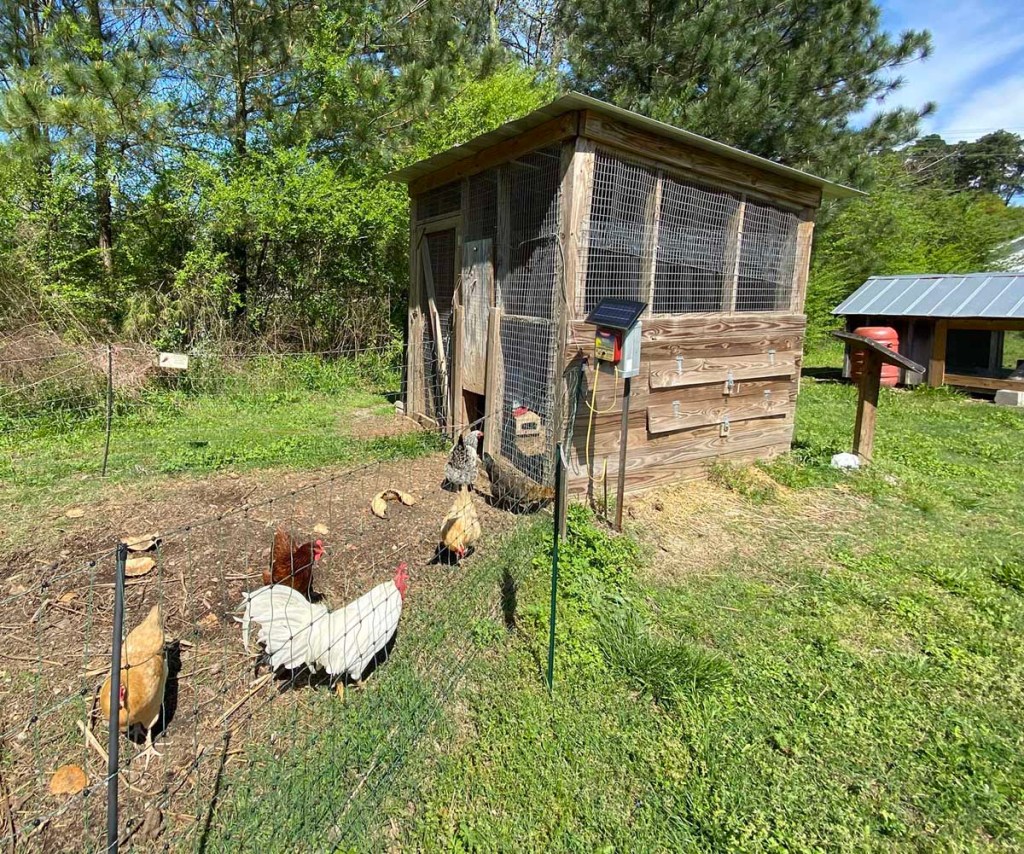CDC investigating Salmonella outbreaks in backyard chickens
Published 5:00 am Thursday, May 27, 2021

- A backyard chicken coop is seen at the North Alabama Agriplex on Thursday, April 2, 2020.
The Centers for Disease Control and Prevention (CDC) are currently investigating outbreaks of Salmonella infections that are linked to backyard poultry flocks. Salmonella germs can cause people, especially young children, to experience a variety of symptoms—some requiring medical treatment or hospitalization.
As of May 20, the CDC reports 163 cases across 43 states. Of these cases, one-third are children under the age of five. Currently, no cases have been reported in Alabama. However, each state around Alabama has at least one case reported. Georgia has the highest rate with nine reported cases.f
Kristin Woods, an Alabama Extension poultry science regional agent, said people cannot treat chickens the way they would a family dog. It is important to remember that chickens are farm animals, not pets.
Chickens can transiently carry Salmonella, even if they are not exhibiting symptoms. It is critical for backyard poultry producers to follow biosecurity procedures. These procedures protect both your family and the birds from illness.
“Having a good biosecurity program provides a measure of protection to both the owner and anyone they come in contact with because they are not spreading disease,” Woods said.
The Alabama Extension’s publication Biosecurity for Backyard Poultry Flocks provides recommendations on a good biosecurity program.
According to Woods, when coming in contact with live poultry, there are some simple steps to follow to protect against a Salmonella infection.
After touching poultry or their environment, wash hands thoroughly with soap and water. Using hand sanitizer is a secondary option. Adults should help young children properly wash their hands.
Wash or sanitize shoes that come in contact with the poultry environment, so the feces is not tracked into a car or home.
Do not eat or drink where you keep the poultry.
Do not kiss the birds or snuggle them up against your face. Children are especially vulnerable to infection and should never have poultry near their faces.
For the most current information on this outbreak, visit the CDC’s website. For more information on backyard poultry, visit www.aces.edu.


